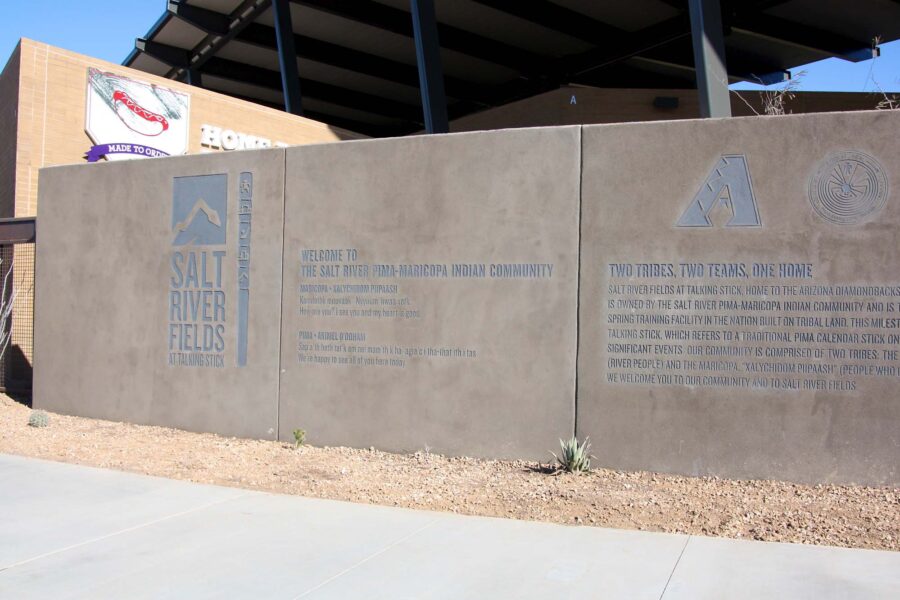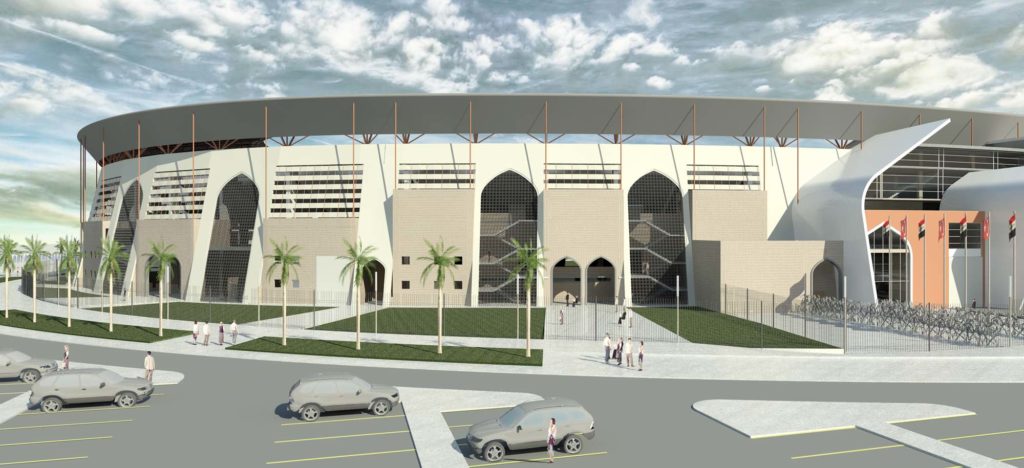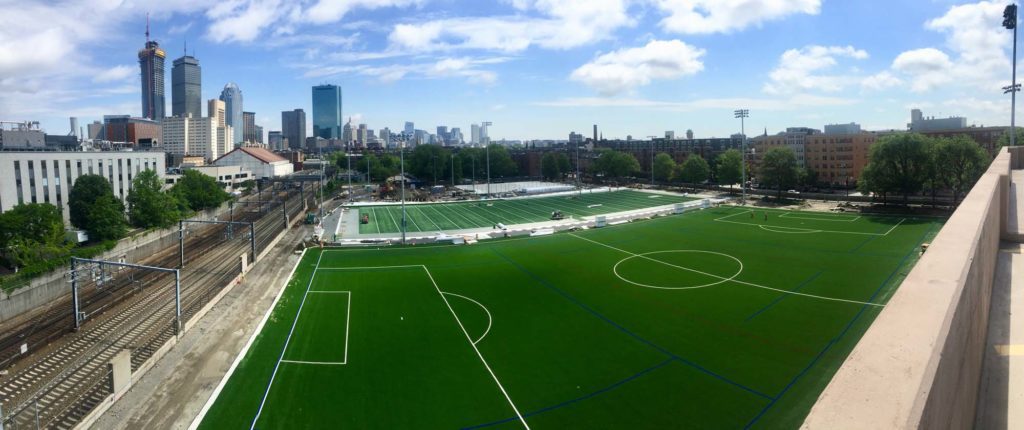search
 menu
menu
 menu
menu
- Who We Are
-
What We Do
- Markets
-
PROJECTS
-

Transportation | Airports
Centralny Port Komunikacyjny airport
Hill provides design review services for the megaproject, overseeing the design team’s work packages for the passenger terminal, the railway station, public transportation interchanges, all supporting airfield systems, the roadway network, airport traffic control tower, rescue and firefighting service facilities, cargo facilities, aircraft maintenance support facilities, airport operations and control center, data centers, and more.
- View All Projects »
-
- News
- Careers
- Connect With Us
- search















